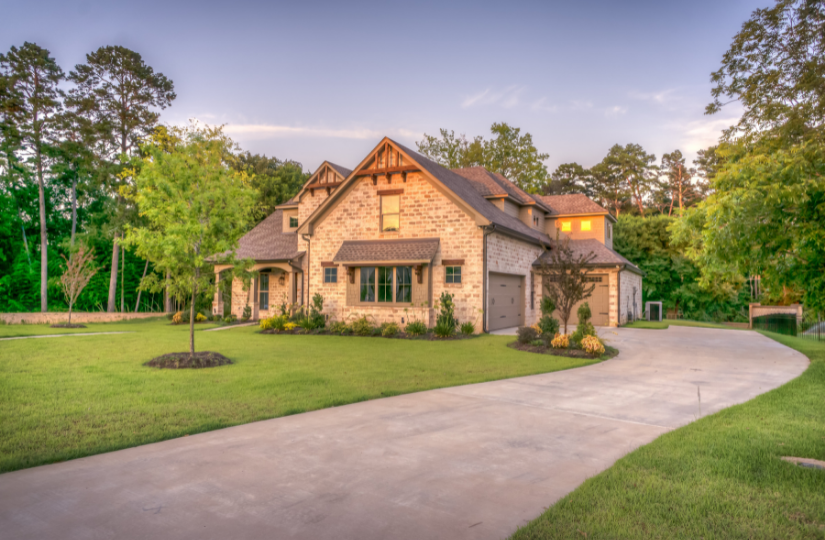
Can a Reverse Mortgage Benefit Seniors?
For seniors, reverse mortgages have some advantages and disadvantages. Since the government program that insures them began in 1990, more than 1 million reverse mortgages have been sold.
The basic HECM, HECM for Purchase, and HECM Refinance are the three types of HECMs, and the Federal Housing Administration insures the majority of them (90 percent).
For some seniors, reverse mortgages are a suitable option, but those with good credit and enough money to make monthly payments should look into other options.
Reverse mortgages are a one-of-a-kind kind of loan. The term “unique” is frequently used, particularly when discussing financial items. However, it is correct when referring to Home Equity Conversion Mortgages (HECMs), which are another term for reverse mortgages.
Reverse mortgages use two rates for every transaction: one to calculate your mortgage rate and another to determine how much money you can borrow. They are restricted to homeowners who are at least 62 years old, and they use both a mortgage interest rate and an expected interest rate which determines the amount of money that can be borrowed.
A Misunderstood Loan Type
It’s no surprise that reverse mortgage is one of the most misunderstood loan types. That was fine when reverse mortgages were a rare loan product purchased by a small number of people. However, since the government’s insurance scheme began in 1990, more than a million have been sold.
What is a reverse mortgage, exactly? A reverse mortgage, simply put, is a loan that is secured by your principal residence. It’s similar to a traditional mortgage in that regard. In contrast to traditional mortgages, the amount a borrower owes on a reverse mortgage grows over time, and payment is required only when the homeowner no longer lives in the home.
Reverse mortgages are divided into three categories. The Federal Housing Administration insures the majority of them (roughly 90%). The typical HECM can be used as a line of credit, a monthly installment, or a lump sum payment. There’s also a HECM for Purchase, which allows borrowers to purchase a property, and a HECM Refinance, which allows you to refinance an existing HECM to take advantage of cheaper rates or borrow more money.
What are the advantages and downsides of each option? The essential advantage of a reverse mortgage is that the borrower’s credit score is not a deciding factor in approval. The house’s worth, the loan amount, and the borrower’s age are the most important considerations.
Senior home equity reached $6.8 trillion in 2018, and it continues to rise. Even if your home’s worth decreases, the homeowner’s heirs will never owe more than the home’s value when it is sold. Reverse mortgages are a particularly appealing choice for some senior homeowners because of this.
If the value of your home stays the same or rises, you or your heirs may be left with some equity when you sell it. These are appealing rewards for senior homeowners trying to make ends meet. They will never be compelled to leave their home as long as their property taxes and insurance are paid.
However, there are some significant drawbacks to consider. Reverse mortgages, for example, reduce the amount of money you leave to your heirs. They will not inherit the house unless they pay off the reverse mortgage. Furthermore, HECMs are not inexpensive. Compared to home equity lines of credit and second mortgages, they are more expensive, especially when the mortgage insurance fee is factored in.
It’s worth noting that fees and prices can differ significantly from one reverse mortgage to the next. By shopping around and comparing terms, homeowners can save a lot of money. Before deciding on a lender, shop around and acquire quotations. You can’t leave your house for longer than a year, and interest isn’t tax-deductible on an annual basis.
What should you do before applying for a reverse mortgage?
You must be 62 years old or older, own a home with significant equity, and use it as your principal residence to qualify for a reverse mortgage. You can’t owe any federal debts, and you have to show that you can afford to keep up with property costs like taxes, insurance, and upkeep. Prepare to show that you have sufficient funds or income to pay these expenses. In addition, the property must fulfill all FHA standards and flood regulations.
When should you think about getting a reverse mortgage? Compared to house loans, reverse mortgages are not an inexpensive option to borrow money. Before considering reverse mortgages, seniors with solid credit and enough money to make monthly payments should check into cheaper options like a home equity loan or a second mortgage.
On the other hand, reverse mortgages are an excellent alternative if you have equity in your house but little cash in the bank and wish to stay in your home. It’s an excellent choice for homeowners who don’t have access to cheaper types of credit and need cash. Reverse mortgages surged in popularity during the worst years of the recent financial crisis, from 2007 to 2009.
There is a negative attitude against reverse mortgages because they are frequently last-resort financing. Nonetheless, older homeowners with limited incomes can receive a great source of tax-free income.
If you enjoyed this article, you may also like: What Vaccinations Do Seniors Need to Consider?
